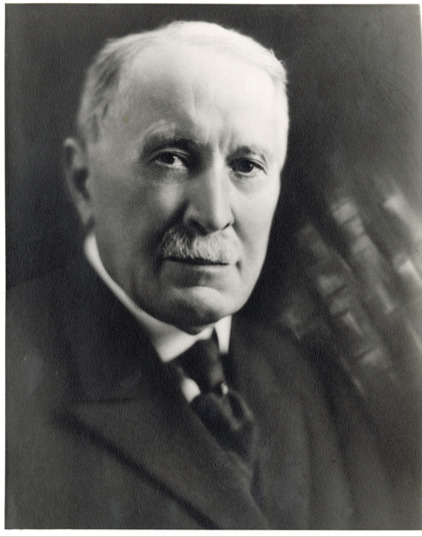Ethan Anderson won his case, as it was the opinion of the court that he was a citizen of the United States and had the right to register to vote. Chief Justice Lucian Shaw cites in his opinion, “Section 6 of the Act of Congress of February 8, 1887, known as the Dawes Act, (24 U.S. Stats.390), provides that ‘every Indian born within the territorial limits of the United States who has voluntarily taken up, within said limits, his residence separate and apart from any tribe of Indians therein, and has adopted the habits of civilized life, is hereby declared to be a citizen of the United States, ***whether said Indian has been or not, by birth or otherwise, a member of any tribe of Indians’ within the United States”.
Shaw continues to justify Anderson’s right to vote as a citizen on the basis that, “He voluntarily lives separate and apart from any recognized tribe, he works, dresses, eats and lives with and maintains his lawful wife and his family, after the manner of civilized peoples. He comes within the terms of the statute and is, therefore a citizen”.
Although Anderson made the argument that he was a citizen by way of the treaty of Queretaro, the court chose to “express no opinion concerning it”. In doing so, citizenship rights were not expressly granted to all California Indians.
